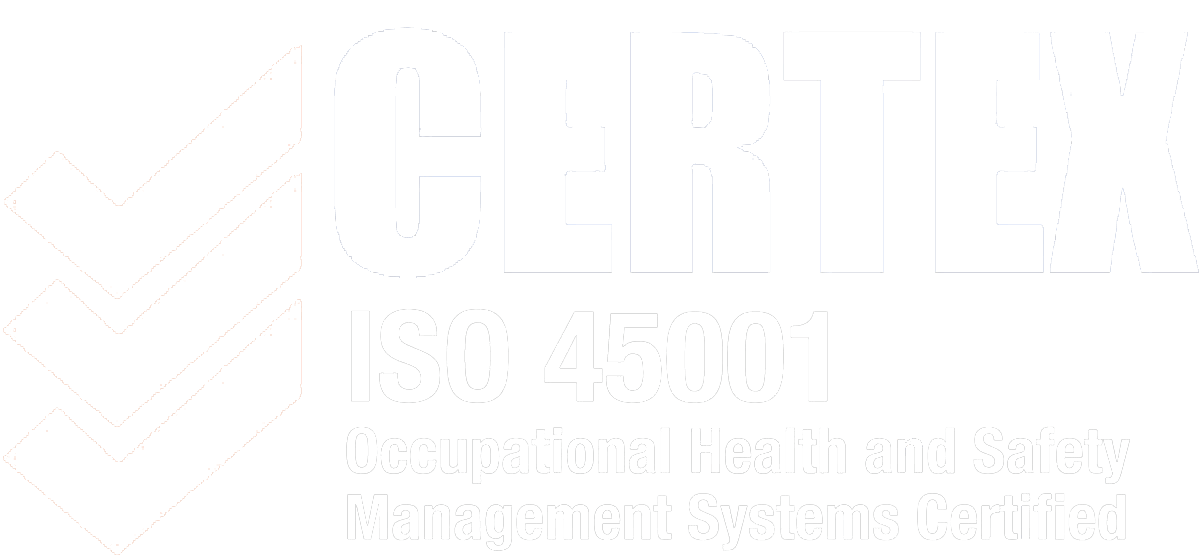Recruiters across Australia are seeing a growing number of younger Millennials—now in their early to mid-30s—exploring a shift to entirely new industries. It’s a trend driven not by dissatisfaction, but by the desire for growth, flexibility, and meaningful work. Switching industries mid-career is no longer viewed as risky; it’s seen as a strategic move toward better alignment with personal and professional goals.
From an HR and recruitment perspective, a successful transition isn’t about starting from scratch—it’s about translating existing experience into a new environment. Here’s how professionals can approach the process with focus and confidence.
1. Understand the Motivation Behind the Change
Recruiters often note that clear intent is the strongest foundation for a successful industry move. Whether the motivation stems from wanting career growth, stability, or a new challenge, being able to articulate the reason behind the shift helps shape the right strategy.
Professionals who understand their “why” are more confident in interviews and more selective in pursuing roles that genuinely align with their values and skills.
2. Highlight Transferable Skills
A major misconception among career shifters is that experience in one sector doesn’t apply elsewhere. HR teams consistently find the opposite. Soft skills such as leadership, teamwork, communication, and adaptability carry significant weight across all industries.
Recruiters often recommend reframing achievements to show value rather than job-specific tasks. For instance, rather than stating “Managed a retail team,” it’s more effective to say “Led a customer-focused team that exceeded performance targets.” The difference lies in impact—something employers in every industry recognise.
3. Invest in Targeted Upskilling
Upskilling remains one of the most effective ways to bridge knowledge gaps during a career shift. HR professionals often encourage candidates to focus on short-term, skills-based learning such as digital literacy, project management, or data analysis—areas that improve employability and demonstrate adaptability.
In today’s competitive landscape, continuous learning is not just desirable—it’s expected. Candidates who actively invest in developing new competencies often stand out in interviews and early onboarding stages.
4. Strengthen Personal Branding
A well-crafted professional profile can help hiring managers see beyond past roles. Updating a LinkedIn profile or resume to reflect relevant achievements and industry-neutral strengths helps position professionals for cross-industry appeal.
Recruiters advise candidates to tell a cohesive story—one that connects past experience with future goals. A clear, confident narrative signals readiness to contribute in a new context.
5. Build Strategic Networks
In Australia’s recruitment landscape, relationships remain a key driver of career mobility. HR professionals often remind candidates that many roles aren’t publicly advertised, and referrals can significantly increase the chances of securing interviews.
Engaging with recruiters, attending industry events, and connecting with peers in target sectors are proactive steps that often lead to valuable opportunities and insights.
6. Consider Transitional Roles
Recruiters frequently recommend looking for “bridge” roles—positions that combine existing skills with exposure to a new field. Temporary contracts, hybrid roles, or consultancy-based projects often serve as stepping stones that build credibility and confidence in a new industry.
Such roles demonstrate flexibility and a willingness to learn, qualities that employers across Australia value highly.
7. Manage Expectations and Maintain Confidence
Career transitions can come with adjustment periods. HR professionals often advise job seekers to stay patient, realistic, and consistent. Confidence can waver during a shift, but acknowledging small milestones and maintaining focus on long-term goals helps sustain momentum.
Employers appreciate professionals who approach change with both humility and drive—qualities that make mid-career transitions not only possible but successful.
Final Thoughts
The Australian job market continues to evolve, rewarding professionals who embrace flexibility and lifelong learning. For younger Millennials, switching industries mid-career is no longer seen as instability—it’s viewed as smart adaptation.
Recruiters and HR leaders agree that success in such transitions depends on three key factors: self-awareness, upskilling, and resilience. With the right guidance and preparation, a new industry can open the door to renewed purpose and growth.
To explore new opportunities or career pathways, connect with the team at Drake International Australia — supporting professionals and employers across industries in building meaningful, future-ready careers.
 CA-EN
CA-EN UK
UK AU
AU US
US NZ
NZ PH
PH ZA
ZA SG
SG HK
HK







